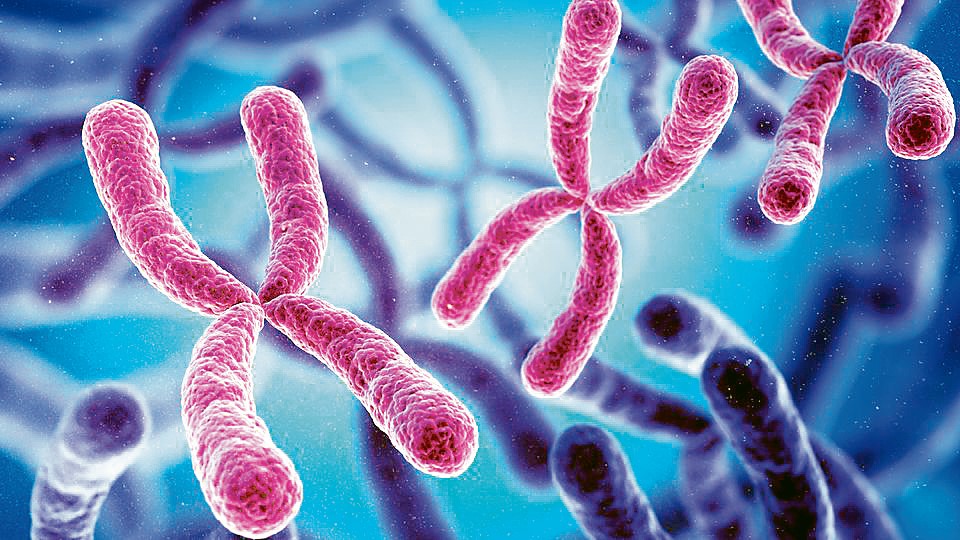With the rise in infertility among men across the world, Dr. K Thangaraj in collaboration with his colleagues Dr. P. Chandra Shekar and Dr. Swasti Raychaudhuri at the CSIR-Centre for Cellular and Molecular Biology (CCMB), Hyderabad identified the gene TEX13B which is essential for sperm cell development and male fertility in a multi-institutional study. The study has been published in the journal Human Reproduction.
Approximately, one in every seven couples are infertile worldwide. The male factors account for 50 per cent of the total infertility due to abnormal semen parameters, such as complete absence of sperm in semen ejaculate, low sperm count, abnormal motility of sperm, abnormal sperm shape and size. One of the important factors behind the above causes is the genetic factor.
“Using next generation sequencing, we compared all gene coding regions (exons) between infertile and fertile males. We found two causative mutations in the TEX13B gene, of which one was exclusively found in infertile men and other one is found much more frequently in infertile men compared to fertile control men,” said Dr Umesh Kumar, the first author who was a PhD student of CCMB and presently a post-doctoral researcher at University of Michigan, USA.
The researchers have developed a cell culture model of mouse sperm-producing cells by knocking out the Tex13b gene using CRISPR-Cas9 technology. They found that the loss of the Tex13b gene reduces respiratory ability of the cells. They also found that Tex13b controls energy metabolism in the sperm-producing cells. Together, they argue that this affects the formation of new sperm cells.
“The findings of this study would be useful for screening infertile males with spermatogenic failure and counselling them before the implementation of assisted reproduction technique(s),” said Dr Vinay Kumar Nandicoori, Director, CCMB.
“This study reminds us how genetic trait transmissions can be more complex, and more nuanced than what we superficially think.
“The TEX13B is present on the X chromosome, which all males receive only from their mothers, and not from their fathers! It means that the mother who carries the faulty TEX13B is fertile (as she carries two X chromosomes).
But, when she transmits the X chromosome with the faulty TEX13B, her son becomes infertile. This is not what we generally expect to be an underlying cause of male infertility,” explained Dr K Thangaraj.
X chromosome gene TEX13B vital for male fertility: Study




